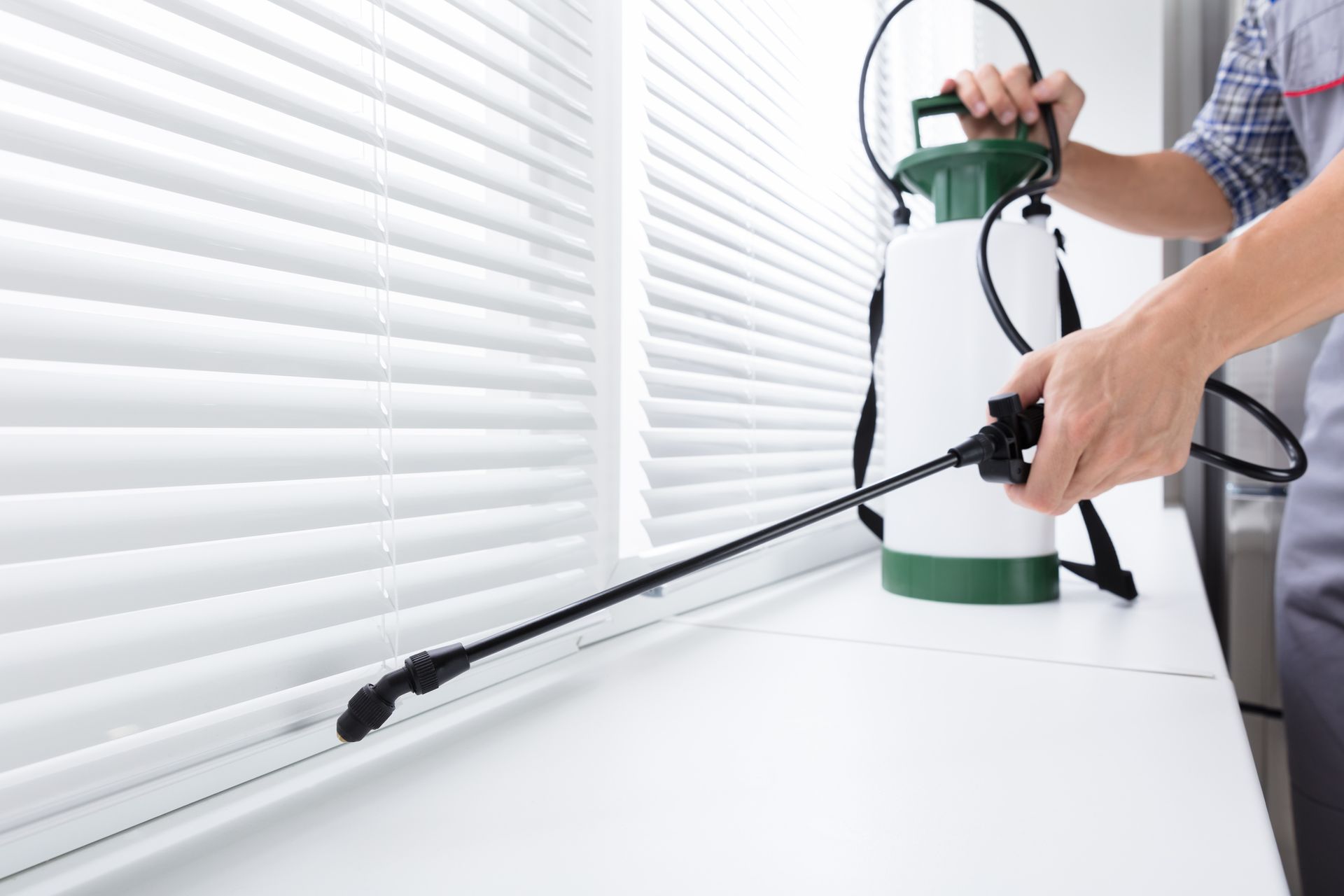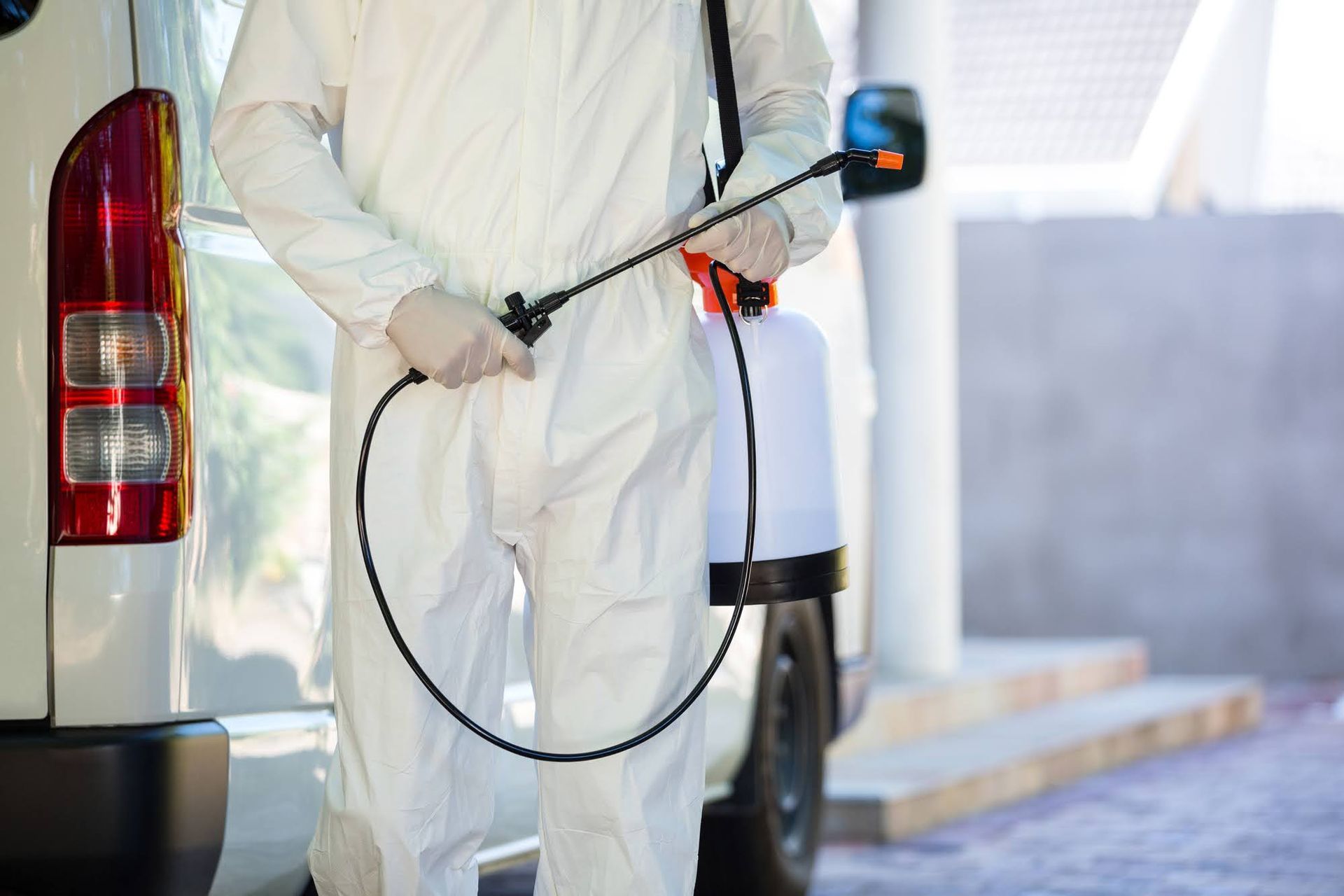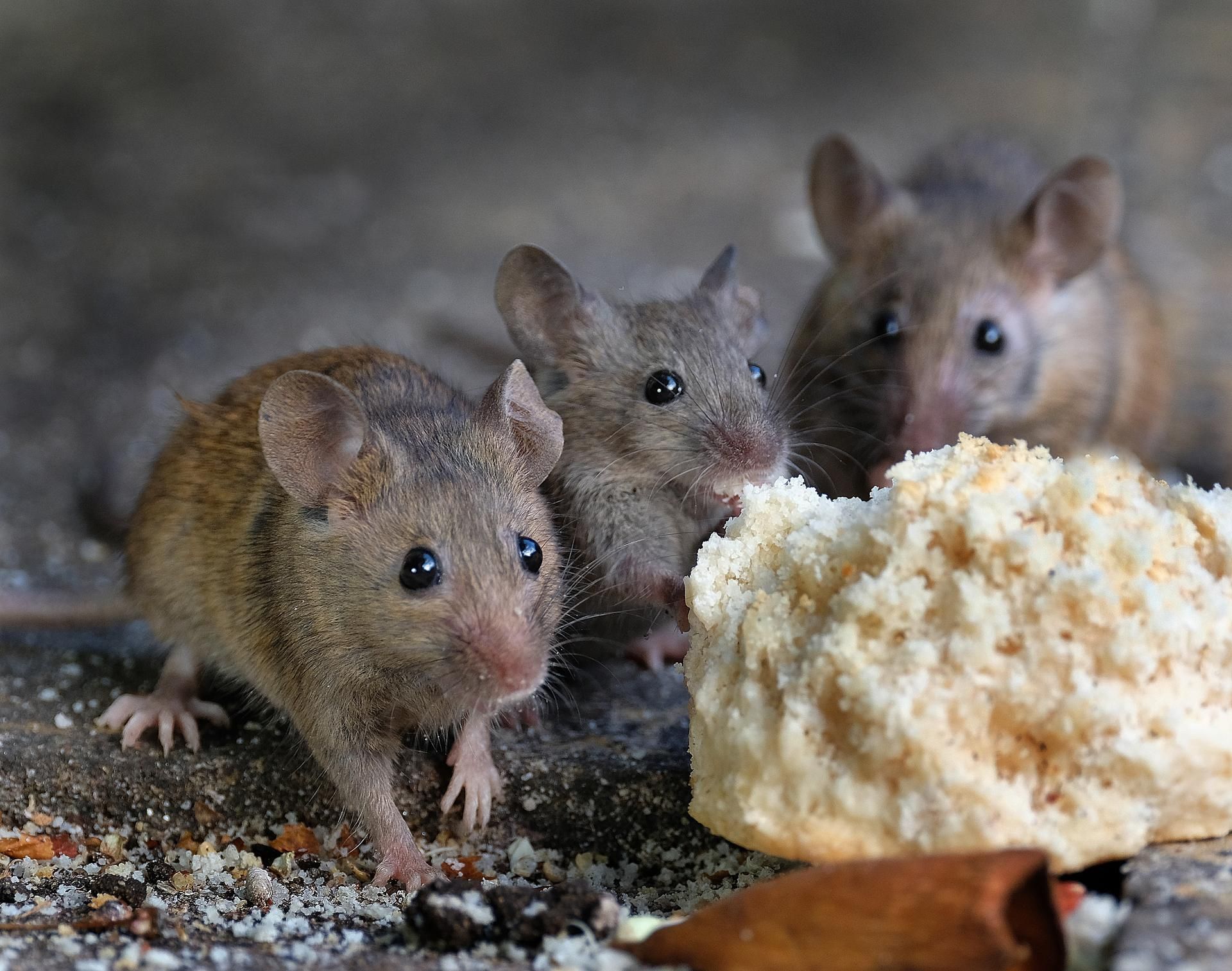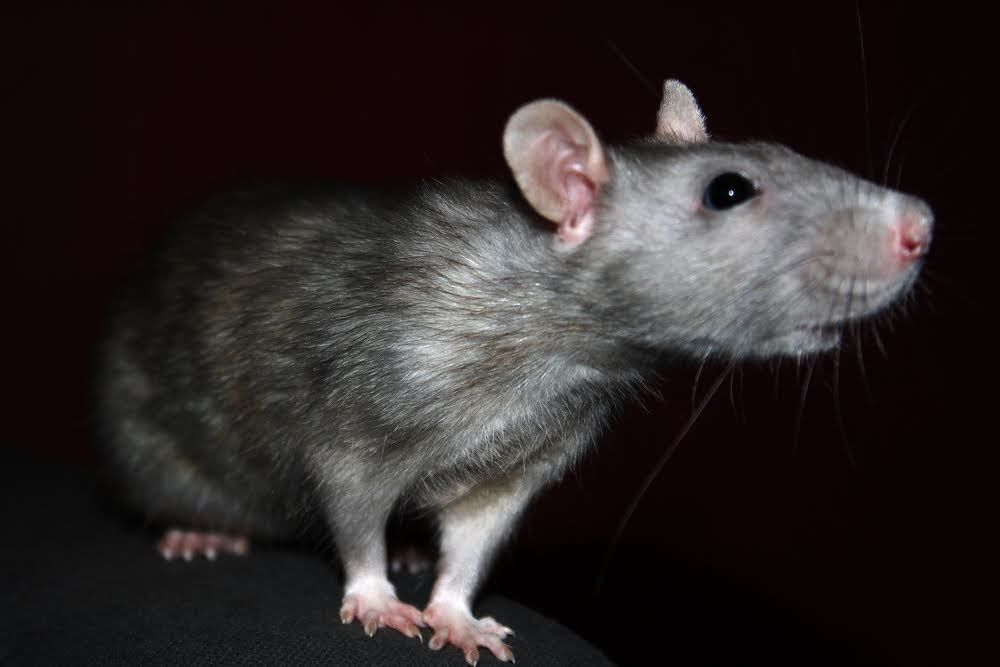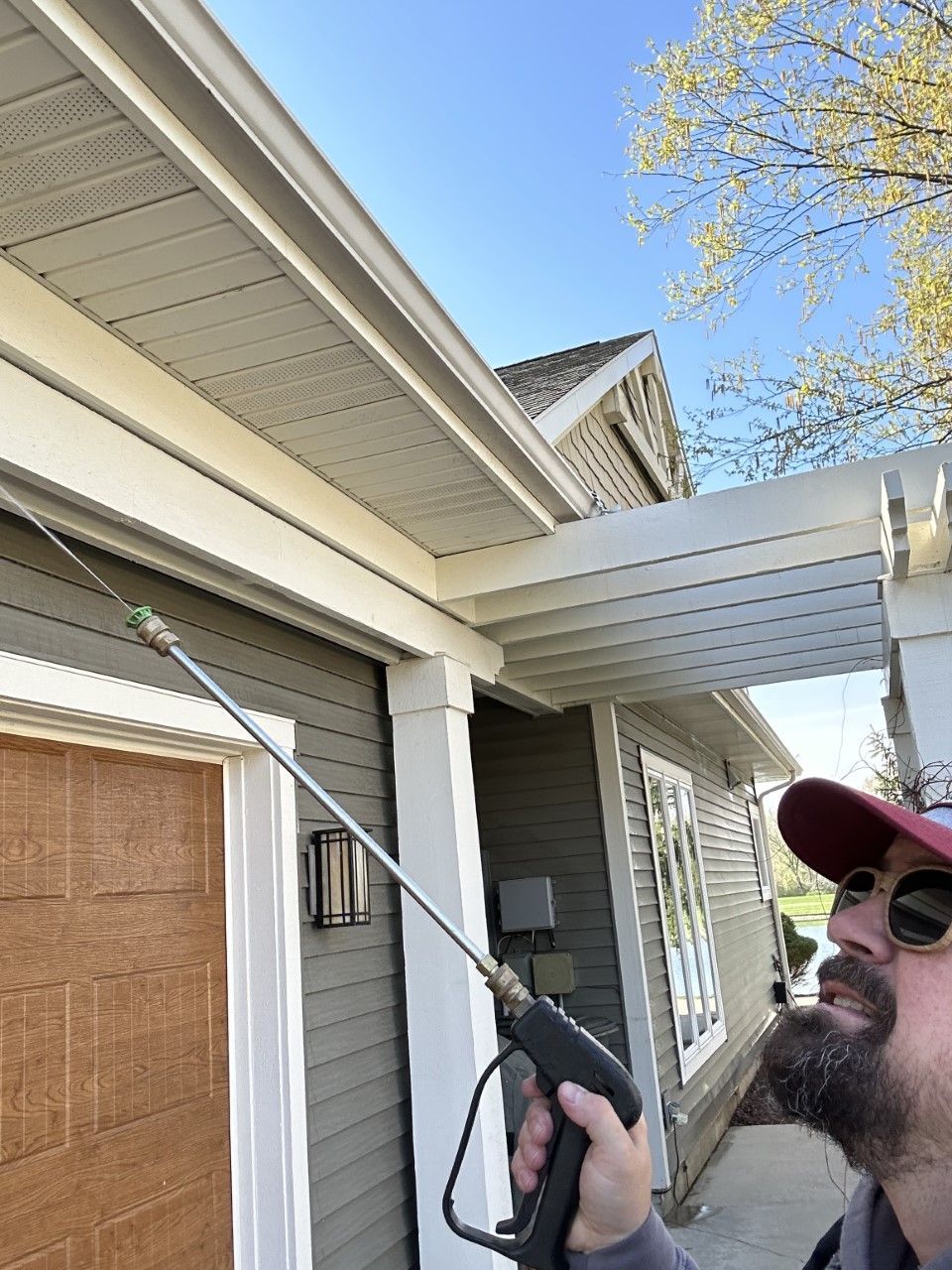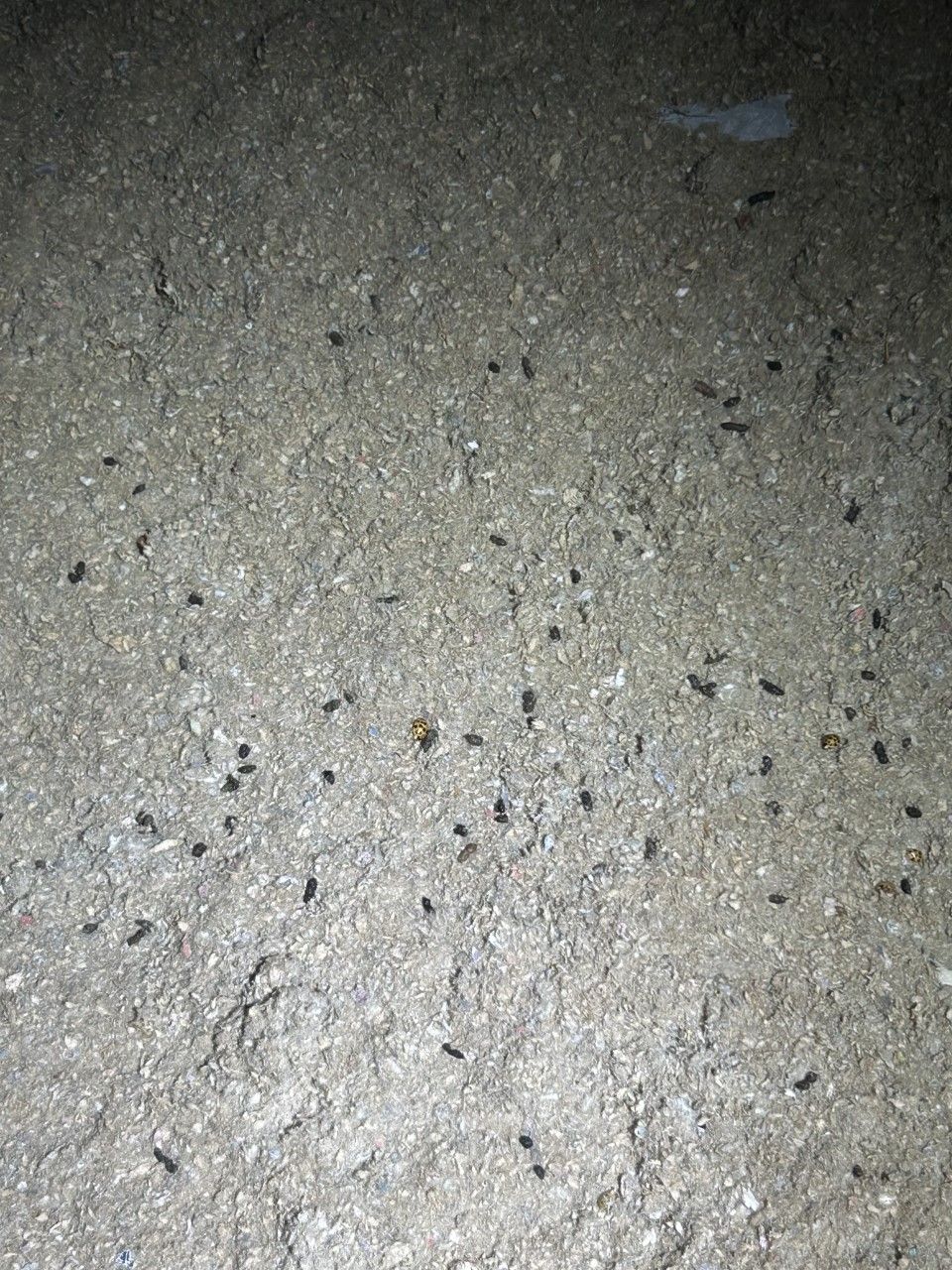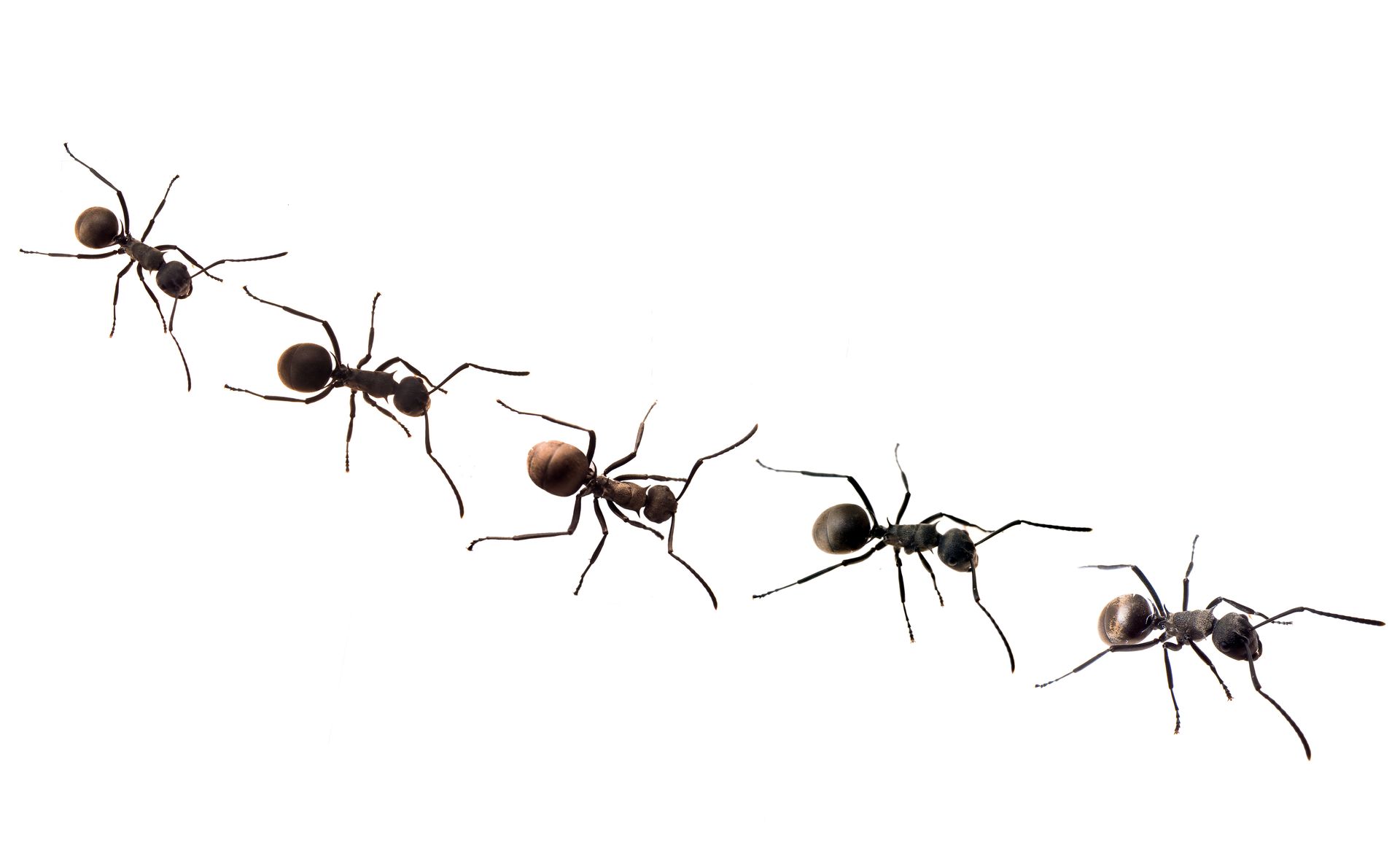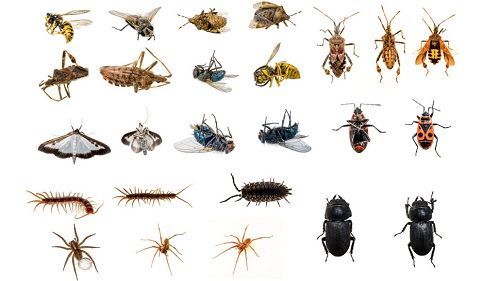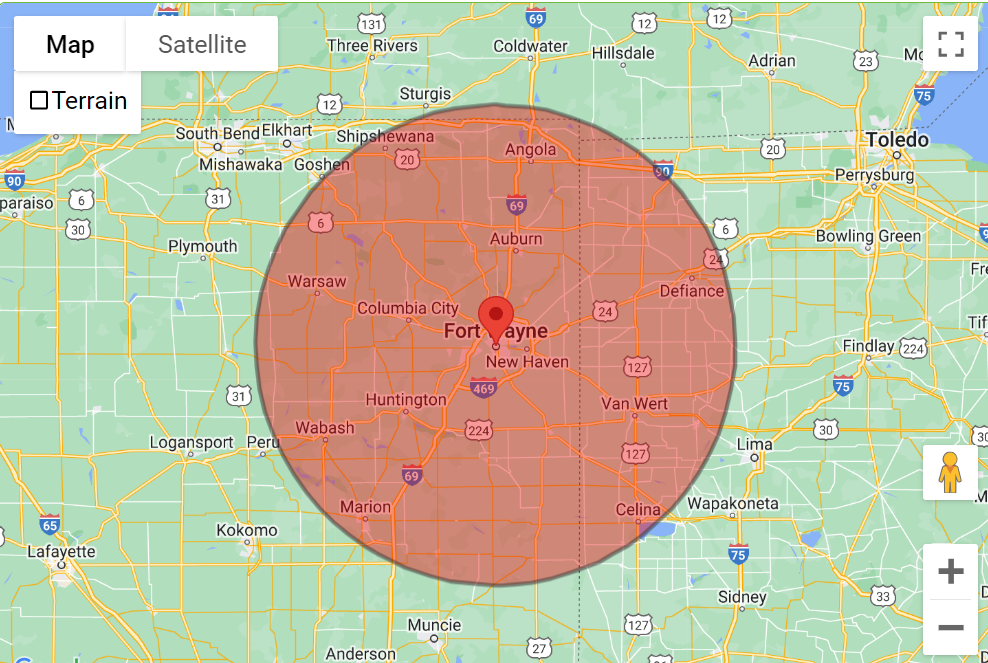Common Pest Control Mistakes and How To Avoid Them
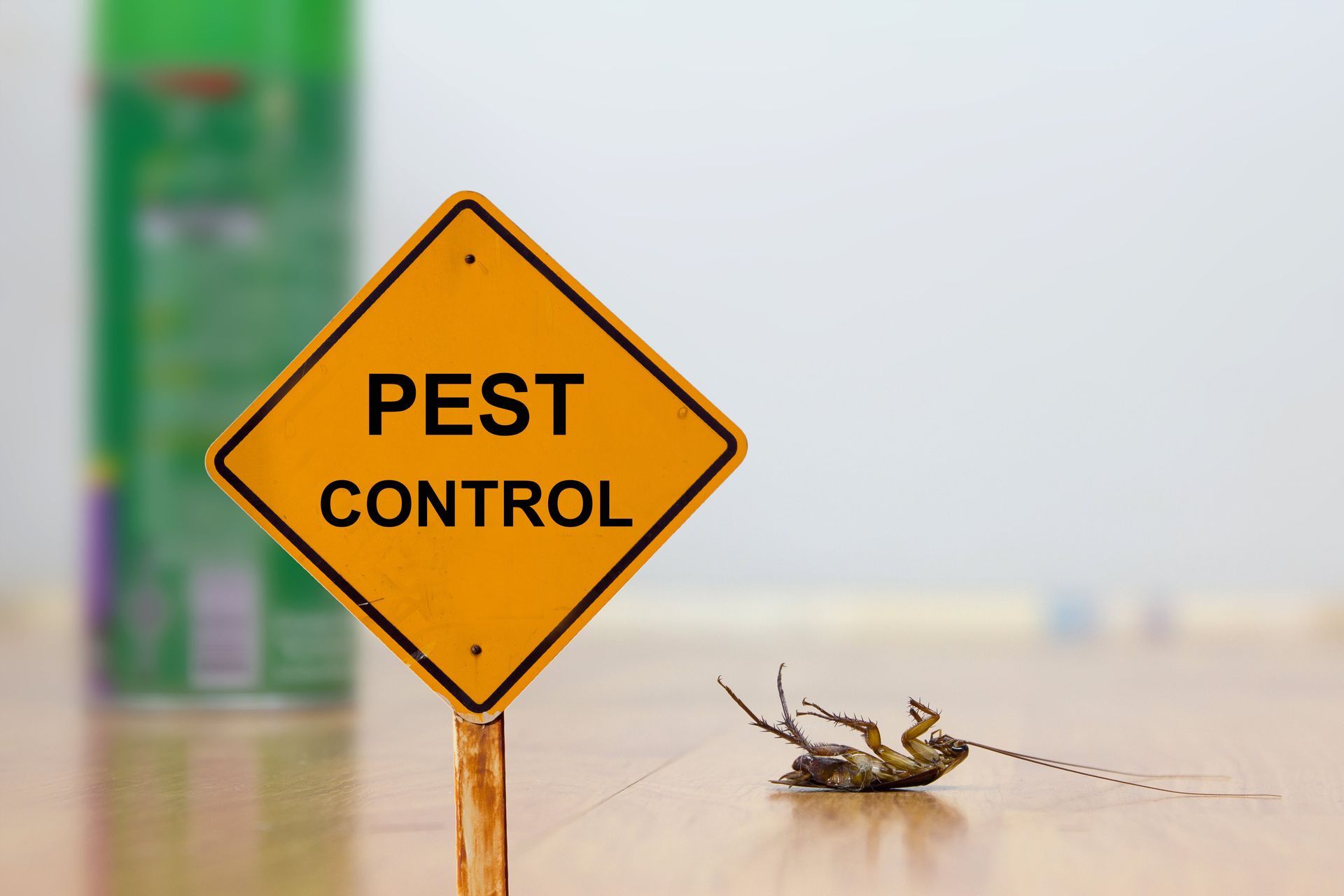
Relying on hacks and shortcuts in pest control can worsen infestations. Whether tackling gnats or yellowjackets, early mistakes can prolong the problem or spread pests. Discover common pest control mistakes.
Not Determining the Cause of the Pests
Instead of actively investigating the root of the problem, some people often resort to quick fixes like using pesticides or traps without fully understanding why pests are present in the first place. This approach can lead to temporary relief but doesn't address the underlying issue.
By not determining the cause of pests, individuals miss the opportunity to implement effective, long-term solutions. Pests are typically drawn to specific conditions or factors such as food sources, water, shelter, or unsealed entry points. Identifying these factors is crucial for developing a comprehensive pest control strategy.
When the cause of the infestation isn't pinpointed, pests can return even after treatment. This not only wastes time and money but can also pose health risks and property damage. Conduct a thorough inspection, identify the attractants, and then take targeted actions to eliminate them.
Not Cleaning Your Home's Exterior
Failing to clean the exterior can attract pests and create an inviting environment for them. When you don't regularly clean the outside of your home, it accumulates dirt, debris, and organic matter, providing pests with a readily available food source. Insects like ants and roaches are drawn to food residue and decaying organic material, which can be found on dirty surfaces.
Furthermore, uncleaned areas can also harbor moisture, which is appealing to pests such as termites and mosquitoes. Stagnant water in clogged gutters or dirty, damp corners can become breeding grounds for mosquitoes, while termites are attracted to damp, rotting wood.
Regular cleaning helps deter pests from making your home their haven, reducing the risk of infestations and the need for costly pest control interventions in the future.
Implement Do-It-Yourself Strategies
Many people make a common pest control mistake by using Do-It-Yourself (DIY) methods. This occurs when individuals attempt to handle pest infestations independently, often without professional assistance. The problem with this approach is that it frequently leads to inadequate results and can exacerbate the pest issue.
Firstly, DIY pest control lacks the expertise and knowledge that pest control professionals possess. Pest control experts are trained to identify the specific type of pest infestation, assess its severity, and apply targeted treatments. DIY enthusiasts often use generic or ineffective solutions, which can allow pests to persist and multiply.
DIY methods may also not address the root cause of the infestation. Pest control professionals go beyond surface-level treatments to identify and eliminate factors that attract pests, such as entry points or food sources. DIY efforts often overlook these crucial aspects, leading to recurring infestations.
Not Acting Fast Enough
One common pest control mistake many people make is failing to act quickly enough. When pests invade a home or property, they often multiply rapidly, making the situation more challenging and costly to address as time goes on. When individuals delay action, pests can establish larger colonies, causing more damage and posing potential health risks.
Not acting promptly makes people miss the window of opportunity for a more straightforward and cost-effective pest control solution. Pests can infiltrate walls, hide in cracks, and contaminate food sources, making their eradication more complicated and time-consuming. This delay can also lead to increased repair expenses and professional pest control services.
Furthermore, procrastination in pest control can result in prolonged discomfort and distress for those affected, as pests can be stressful and unsanitary. Therefore, address pest infestations swiftly to prevent further complications and expenses.
DeadOne Pest Control is a pest control company that can help you with any pest problems. Contact us now for more information.

